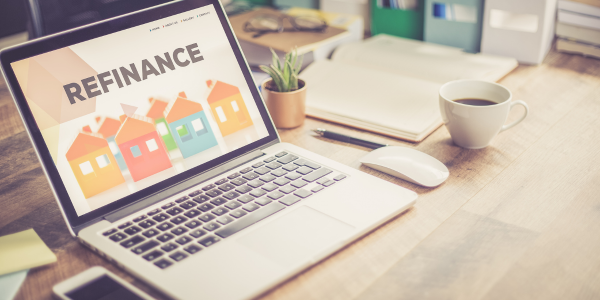
While retirement might seem years into the future when you’re in your 20s and 30s, it’s an important time for setting a plan place to save for your future. The earlier you start planning and preparing for retirement, the more likely you’ll have sufficient savings to comfortably retire. Working on a few fundamental principles can help build a solid base for managing your income and ultimately your wealth. To help you start planning for retirement, here are some things to consider.
Save, save, save
If you already have a savings account, keep going and stick to your goals. It’s a rewarding habit. If you haven’t already set up a savings account, it’s time to get started. Start off small and work towards increasing the amount you’re saving each month or each quarter. Make saving for your retirement a priority – talk to a financial adviser to help you devise a financial plan, set your goals and stick to them.
Know how much you’ll need
Yes, retirement is expensive. You’ll need at least 70 per cent of your pre-retirement income, according to experts, in order to maintain your current standard of living when you stop working. The sooner you start saving, the more you’ll have in the pot when you reach retirement age.
Employer’s Superannuation
If your employer offers you a retirement savings plan, sign up and contribute as much as you can. You’ll lower your tax and benefit from the contributions your company makes, while setting up automatic deductions from your salary or wage makes it easier for you to avoid spending that money.
Track your investment
The type of investment you make can make a sizeable difference to the amount you get out on retirement. Check how your savings are invested and find out about investment options that may offer a better return on your investment. By diversifying your investment, you help reduce risk and improve your overall return.
Don’t touch your savings
Even if you leave your current job and move to a new role, leave your savings invested in your current superannuation or retirement plan. Money has a habit of disappearing so avoid the temptation to spend your retirement savings by leaving them invested in your retirement plan.
Have an emergency fund
It’s easy to fall back on the assumption that your retirement savings will bail you out of any financial difficulties you might encounter – like extra medical expenses or a service for your car. So set aside an emergency fund, a small amount taken out of your salary or wages each pay day to grow your emergency fund and use this to cover those unexpected expenses.
Get advice
If you’d like to know more about saving for retirement, setting up a retirement plan, or you need advice around buying your first home, refinancing your existing home, or investing in property, talk to us first. At Mortgage Express we offer unbiased advice and a free financial health check that will set you on the right path to saving for your future.





